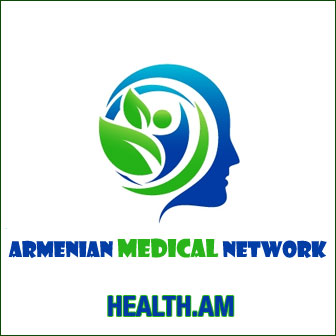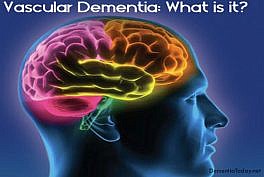What is Wernicke-Korsakoff Syndrome?

Wernicke-Korsakoff syndrome is a brain condition that is caused by a thiamine deficiency. There is another condition that should not get confused with Wernicke-Korsakoff syndrome, and that is Wernicke’s encephalopathy. There is also a condition called Korsakoff syndrome also known as Korsakoff psychosis. These are different conditions which are caused by a lack of Vitamin B1 (thiamine).
Vitamin B1 deficiency is very common in people who suffer from alcoholism, or in individuals who suffer from mal-absorption; mal-absorption is a condition which the gut doesn’t absorb the food properly.
Korsakoff syndrome and Korsakoff psychosis develops when the Wernicke’s symptoms disappear. Korsakoff syndrome and Korsakoff psychosis are different phases of the same disorder. Wernicke’s encephalopathy leads to brain damage in the lower parts of the brain, called the hypothalamus and the thalamus. Korsakoff psychosis causes memory problems due to the parts of the brain affected are associated with memory.
Symptoms of Wernicke’s encephalopathy
Wernicke’s encephalopathy is the acute form of Wernicke-Korsakoff syndrome. The symptoms include:
Abnormal eye movements
Double vision
Drooping eyelid
Changes in vision
Confusion
Leg tremors
Loss of muscle management
Symptoms of Korsakoff syndrome
Korsakoff syndrome is the chronic form of Wernicke-Korsakoff syndrome. The symptoms include:
Hallucinations (hearing or seeing things that aren’t there)
Inability to make new memories
Loss of memory
Confabulation (making up stories)
Diagnosis for Wernicke-Korsakoff syndrome
Diagnosis for Wernicke-Korsakoff syndrome is accomplished by certain blood and urine tests. The tests include:
Serum albumin – This is a plasma protein.
Serum Vitamin B1level – This test will measure the amount of thiamin in the blood.
Transketolase level – This test measures the enzyme Transketolase in the red blood cells. Transketolase levels are low in people who have a thiamine deficiency.
Blood tests for liver enzymes and alcohol levels – These tests are done in people who have a history of alcohol abuse.
{pagebreak}
Treatment for Wernicke-Korsakoff Syndrome
The main objective for the treatment of Wernicke-Korsakoff syndrome is to manage the symptoms, and possibly stop the disorder from becoming worse. Some people being treated for Wernicke-Korsakoff syndrome require a hospital stay to control the symptoms. People who might require an extended hospital stay are those who are comatose, lethargic or unconscious.
Thiamine can be given via injection in the muscle, or in the vein. Thiamine can also be taken by mouth. Treatment with thiamine may be able to help people recover from delirium, confusion, and other symptoms such as vision problems, involuntary eye movements and muscle weakness. However, treatment with thiamine doesn’t help with memory loss or cognitive abilities.
Amnesia – Inability to remember events or experiences. Memory loss. Includes: 1) Anterograde amnesia: inability to retain the memory of events occurring after the time of the injury or disease which brought about the amnesic state. 2) Retrograde amnesia: inability to recall the memory of events which occurred prior to the time of the injury or disease which brought about the amnesic state.
Confabulation – An attempt to fill in memory gaps by fabricating information or details.
Diencephalon – A part of the brain that binds the mesencephalon to the cerebral hemispheres. Considered by some as part of the brain stem.
Conclusion
Alcoholics having Wernicke-Korsakoff syndrome may prevent further loss of functioning and nerve damage by stopping the use of alcohol. Eating a healthy diet may also help, but it will not substitute for stopping the use of alcohol.
People with Wernicke-Korsakoff syndrome may relieve the stresses of this illness by joining and attending a support group where the members can share their experiences and support one another. It helps to know that you are not alone with this disease.
###
Iain Smith & Audrey Hillman






